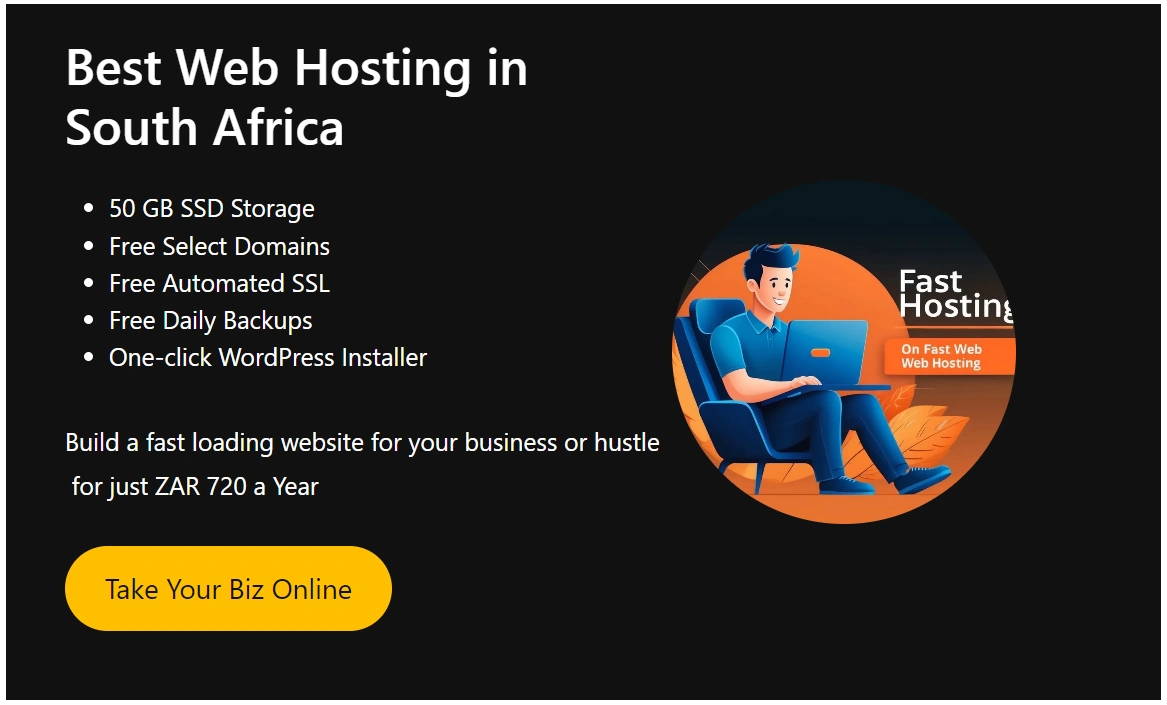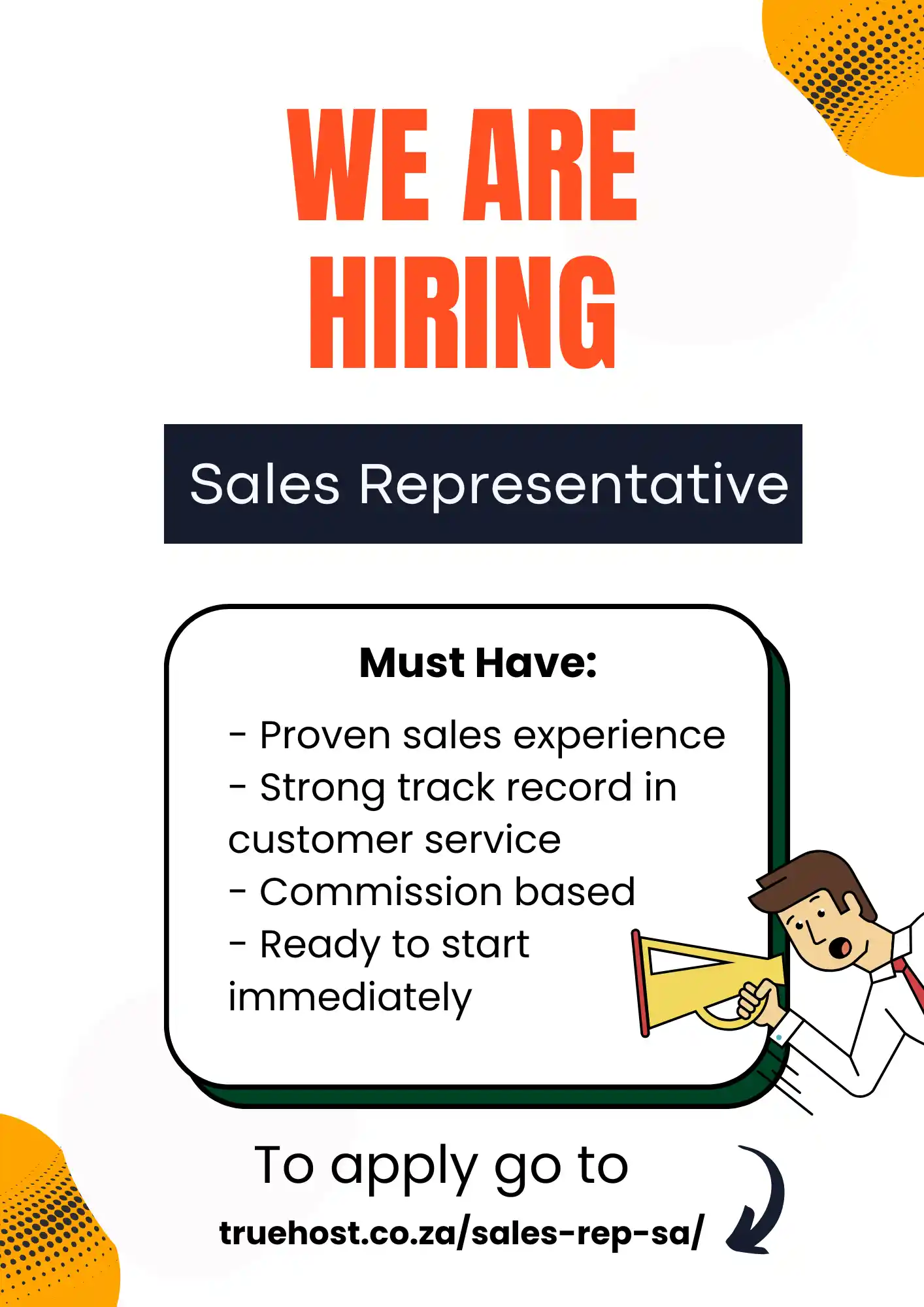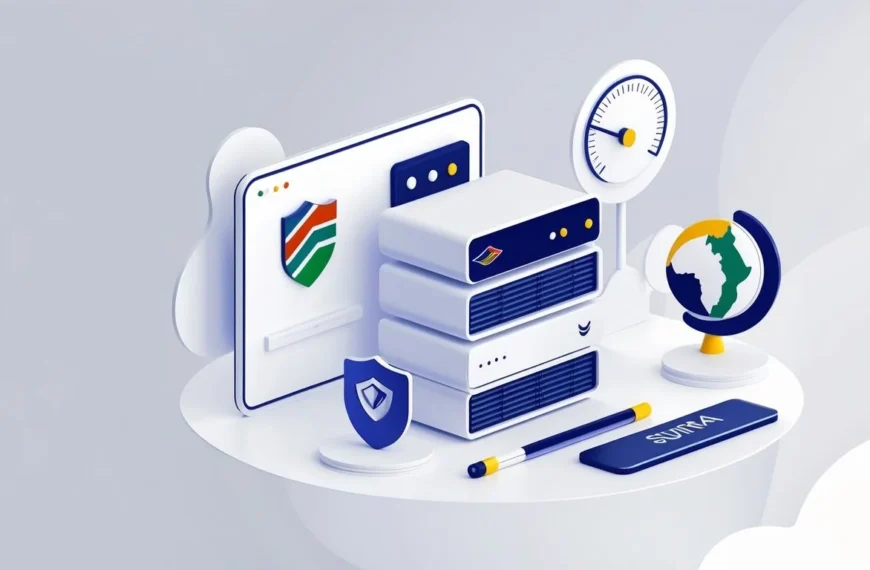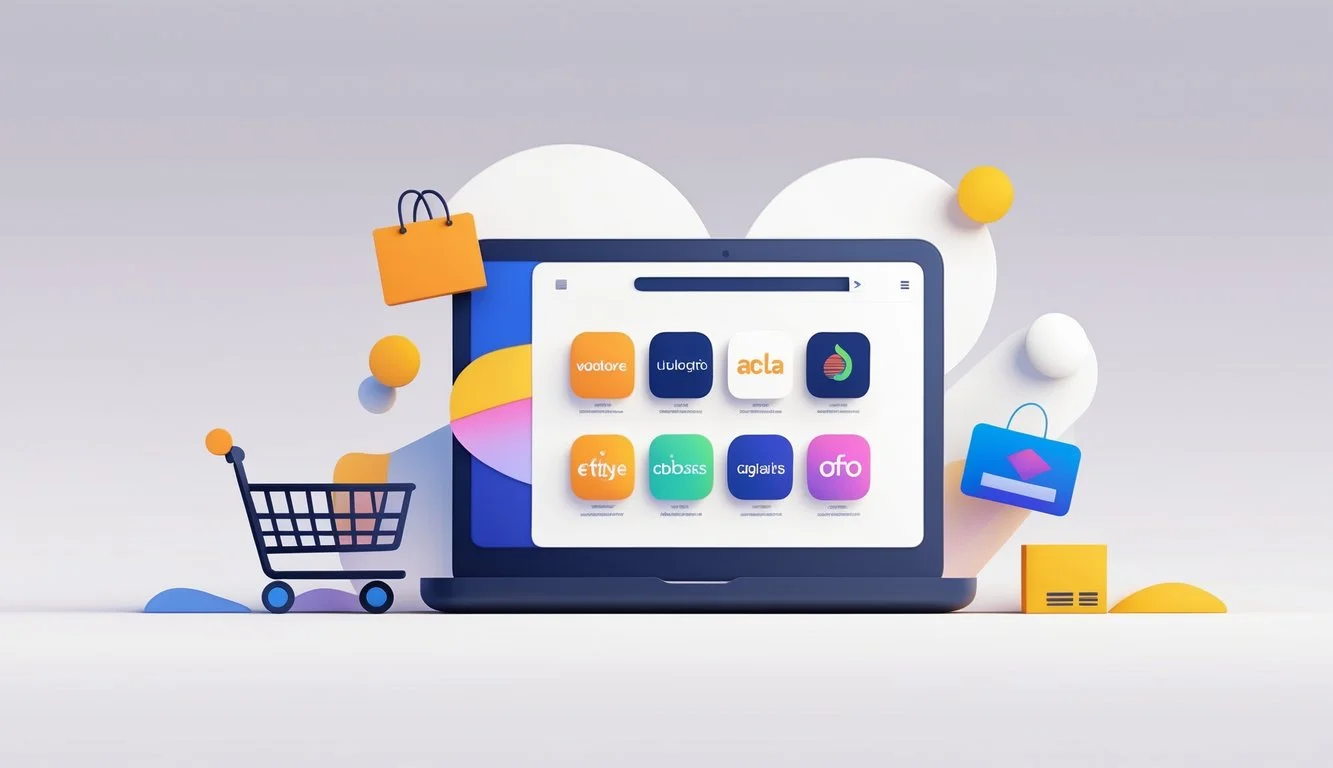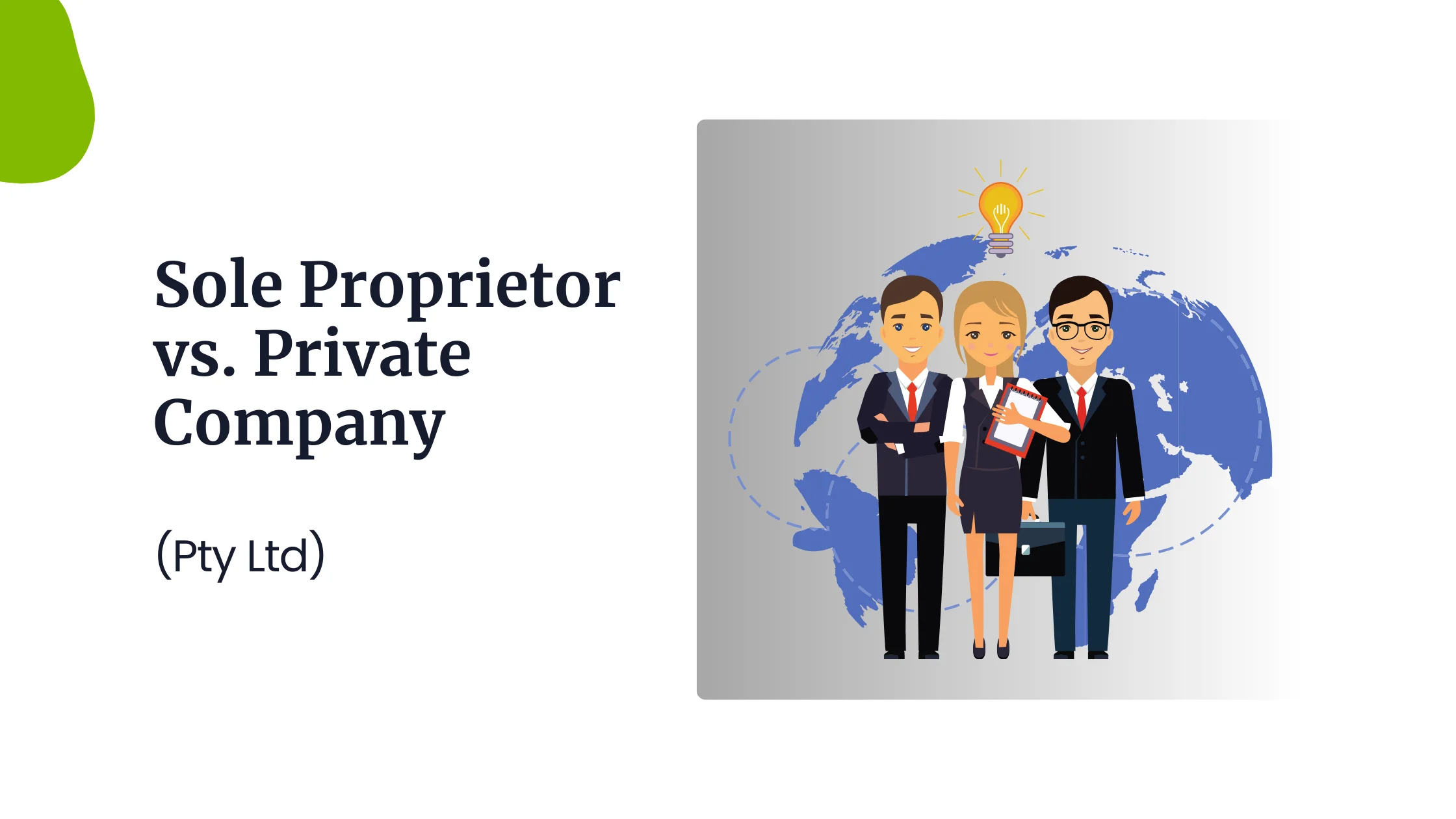Running a small business in South Africa comes with unique challenges and opportunities. One key aspect of navigating this landscape is having the right accounting software.
With the increasing complexity of tax laws and recordkeeping requirements, manual bookkeeping is no longer a viable option for growing businesses. Streamlining your accounting and ensuring compliance becomes far easier with dedicated software in place.
This blog post will delve into the world of accounting software for small business in South Africa, focusing on the following:
- Benefits of using accounting software
- Key features to consider
- Popular accounting software options for South African businesses
- Factors to consider when making your selection
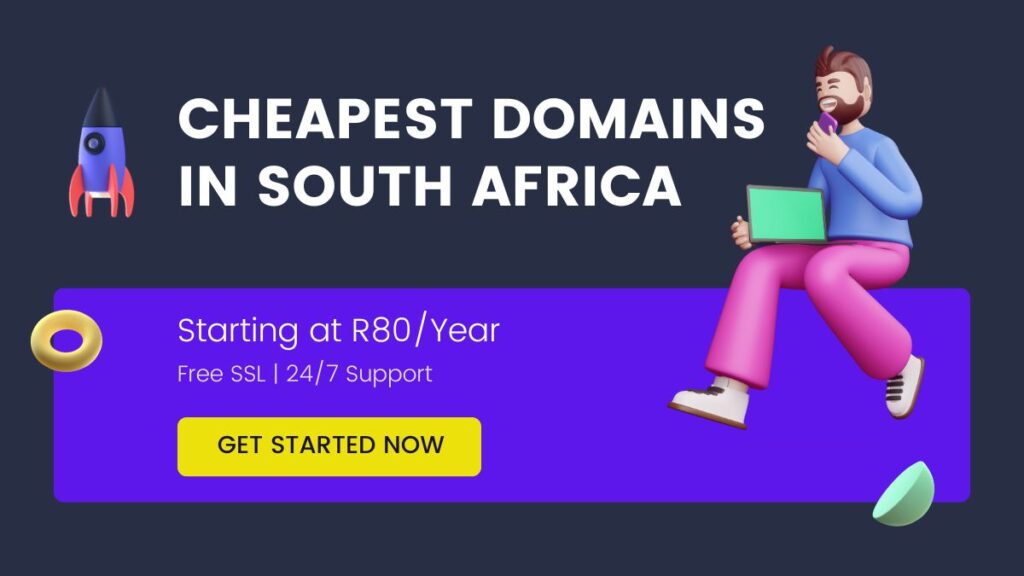
Table of Contents
Benefits of Using Accounting Software for Small Businesses
Let’s explore why you should ditch the spreadsheets and invest in accounting software:
- Saves Time and Effort: Accounting software eliminates tedious manual calculations, automating tasks like invoice creation, expense tracking, and financial report generation. This frees your time for running your business.
- Improved Accuracy: Software dramatically reduces errors compared to manual accounting, minimizing potential oversights and tax penalties.
- Enhanced Compliance: Good accounting software for small business in South Africa stays updated with the latest South African Revenue Service (SARS) regulations. This ensures you’re always prepared for tax submissions.
- Better Financial Insights: Built-in reporting tools visualize your financial data, making it easier to understand cash flow, profit margins, and make informed business decisions.
- Simplified Collaboration: Cloud-based accounting software allows your accountant to remotely access your financial records in real-time, fostering efficient collaboration.
Essential Features for South African Businesses
When choosing accounting software for small business in South Africa, look for these crucial features:
- Invoicing and Billing: Create professional invoices, set payment terms, and track payment statuses, all within the software.
- Expense Tracking: Manage and categorize business expenses – upload receipts, track mileage, and claim for tax deductions with ease.
- Bank Reconciliation: Connect to your bank accounts for smooth reconciliation, saving you time and ensuring your books are accurate.
- Payroll Integration: Some software options streamline payroll, calculating salaries, deductions, and tax contributions.
- Inventory Management: Ideal if you sell physical products, these features help you track stock levels and automate reordering.
- Tax Compliance: The best solutions ensure SARS-compliant processes, automating tax calculations and offering the ability to submit returns directly from the software.
- Reporting and Analytics: Generate insightful financial reports, including income statements and balance sheets, for better decision-making.
Top Accounting Software Choices in South Africa
Let’s take a look at the popular contenders:
Xero:
- Cloud-based, ensuring accessibility from anywhere with an internet connection.
- Offers a user-friendly interface, making it a good choice even for those without extensive accounting experience.
- Integrates with various third-party apps, expanding its functionality.
- Excellent mobile app for managing finances on the go.
- Provides real-time financial insights through customizable dashboards.
Sage Accounting:
A range of solutions suitable for businesses of different sizes, from startups to established enterprises (E.g., Sage 50cloud Pastel, Sage Business Cloud Accounting).
- Known for robust reporting and analysis tools
- Offers comprehensive inventory management features
- Strong support network and resources, particularly within South Africa.
QuickBooks Online:
Globally popular software with a focus on intuitive design.
Streamlines the bank reconciliation process.
Automates tax calculations and simplifies tax reporting.
Seamless integration with numerous business tools.
Zoho Books
- Cloud-based and highly affordable.
- Includes VAT tracking to ensure SARS compliance.
- Offers project management capabilities, ideal for service-based businesses.
- Provides excellent customer support.
Pastel Accounting
South African-developed accounting software with various versions (e.g., Pastel Partner, Pastel Xpress).
Well-known for reliable payroll management.
Offers strong local support and resources.
Can be tailored to suit specific industry needs.
Additional Considerations:
- Free / Open-Source Options: For very small businesses or those on a tight budget, there are free or open-source accounting software options like Wave Accounting or Odoo. These might have limited features compared to paid solutions.
- Desktop-Based Accounting Software: While cloud-based options are increasingly popular, some businesses might prefer a traditional desktop-based setup. Pastel Accounting remains a popular choice in this category.
Remember: The best accounting software for your business in South Africa ultimately depends on your specific requirements, budget, and preferences. Take advantage of free trials and demos, and carefully research each option before making your final decision.

Choosing the Right Accounting Software for Your Business
Here’s how to make the best choice:
- Evaluate Your Needs: List your required features (e.g., basic bookkeeping vs. inventory management), business structure, and future growth plans.
- Consider Your Budget: Pricing varies, ranging from free plans with limited features to premium subscriptions with more functionality.
- Ease of Use: A user-friendly interface means less time spent learning, and more time on your business.
- Cloud vs. Desktop: Cloud-based solutions offer accessibility and updates, while desktop-based software may be preferred if you have concerns around internet connectivity.
- Scalability: Choose software that can grow with your business and its changing needs.
- Customer Support: Good support, especially locally based, will assist you with setup and troubleshooting.
Additional Considerations
- Industry-Specific Features: If you operate in a specialized field, search for accounting software with features tailored to your industry, such as construction or retail. This will maximize efficiency and accuracy.
- Integration with Other Tools: Streamline processes by seeking software that integrates with your CRM, e-commerce platform, or other critical business tools.
- Free Trials and Demos: Most providers offer free trials or demos. Test-drive the software before committing to ensure it meets your requirements and feels intuitive.
Tips for a Successful Accounting Software Implementation
Now that you’ve selected your accounting software for small business in South Africa, here’s how to set yourself up for success:
- Dedicate Time to Setup: Carve out time for proper setup, including data migration. It might initially seem time-consuming, but a proper start will save you hassle later.
- Training is Key: Invest in training for yourself or staff using the software. Many providers offer tutorials, webinars, or knowledge bases.
- Seek Professional Help: Consider consulting an accountant familiar with your chosen software to streamline setup and ensure tax compliance.
- Regularly Review and Reconcile: Schedule regular reviews of your financial data in the software, reconciling it with bank statements to catch discrepancies early on.
The Importance of SARS Compliance
Accounting software for small business in South Africa plays a significant role in SARS compliance. Using software with built-in features designed according to SARS regulations reduces the risk of errors and simplifies the tax filing process. Make sure your chosen software:
- Tracks VAT: Accurately records and calculates Value-Added Tax on transactions.
- Prepares Tax Returns: Offers features that assist with completing and submitting tax returns, such as income tax and provisional tax returns.
- Stores Records Securely: Maintains a secure digital archive of financial data to meet SARS record-keeping requirements.
Final Thoughts
Choosing the right accounting software for small business in South Africa is an investment in your business’s long-term health. By understanding the benefits, necessary features, popular choices, and best practices, you’ll be well-equipped to streamline your financial management. This will enable you to make confident data-driven decisions and maintain financial compliance.
Choosing the right accounting software will position your small business for growth and minimize tax-time headaches.
If you have any questions or would like further guidance, don’t hesitate to leave a comment below!
Read also:
 Web Hosting
Web Hosting Windows HostingBuilt for Windows apps and websites – stability, speed and flexibility
Windows HostingBuilt for Windows apps and websites – stability, speed and flexibility Reseller HostingLaunch a hosting business without technical skills or expensive infrastructure
Reseller HostingLaunch a hosting business without technical skills or expensive infrastructure Affiliate ProgramRefer customers and earn commissions from sales across our platform
Affiliate ProgramRefer customers and earn commissions from sales across our platform Domain SearchFind and secure a domain name in seconds with our quick lookup tool
Domain SearchFind and secure a domain name in seconds with our quick lookup tool CO ZA Domains
CO ZA Domains All DomainsExplore domain names from over 324 TLDs globally – all in one place
All DomainsExplore domain names from over 324 TLDs globally – all in one place Whois
Whois VPS
VPS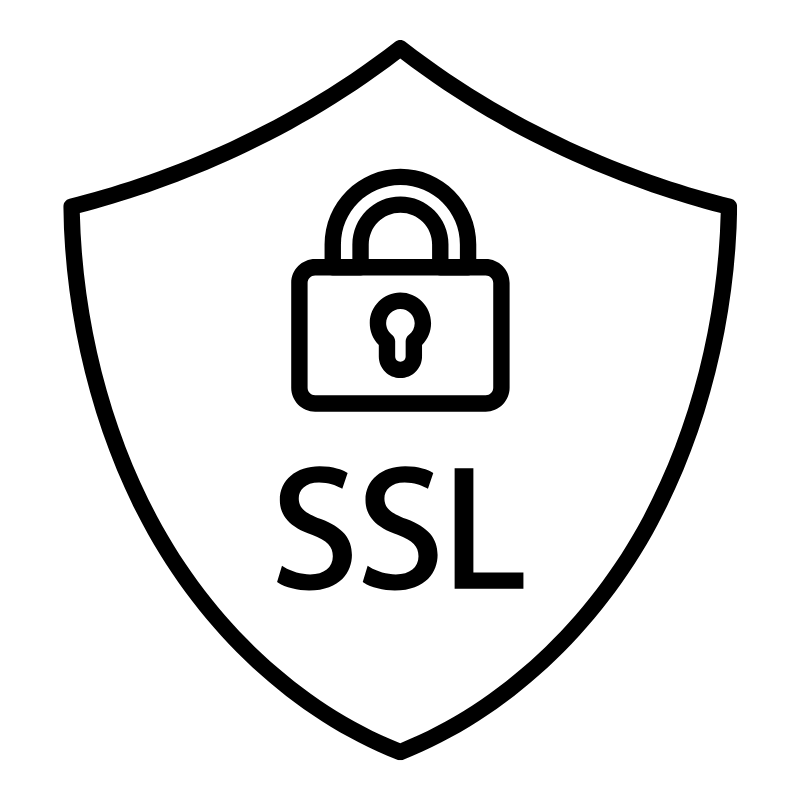 SSLs
SSLs